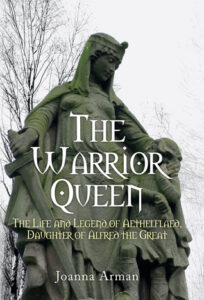 The Intersteller Age, Jim Bell
The Intersteller Age, Jim Bell
This was a pretty entertaining read about the Voyager missions, with the usual kind of autobiographical detail (extra odd Bell was more a fan of the project than a part of it, though he worked on things that were tangentially related at times) and some biographical detail. Lots of fanboying about Carl Sagan, which is sweet, but not always to the point. It’s a good overview of what the Voyager program did, and there were lots of little titbits I didn’t know.
I think the favourite part for me was discussing the Golden Record, though; I think I’ll have to look up the book he mentioned which goes into it in detail. I love the idea of the Golden Record (I did write a story about it a while ago, after all!), and I especially love the fact that we filled it with “our hopes, not our fears”. It makes it very clear that few people on the project thought there was much chance of it being found, but it was considered so important anyway: a moment for humanity to reflect on itself, and send out something of ourselves into the universe… the good parts, at least.
In terms of the engineering of the Voyager crafts, there’s relatively little, and though the math and physics of figuring out how to send them on their way is mentioned, it’s not explained. It’s more of a cultural history with explanations of what the Voyagers found than a science book, though there are interesting factoids about the various planets and moons of the Solar System which we wouldn’t have known (until later) without Voyager. Likewise, it discusses some of the problems that the Voyagers had — like the seizing of the camera platform — but not nearly all.
Entertaining, and probably as deep as some folks want to go!









